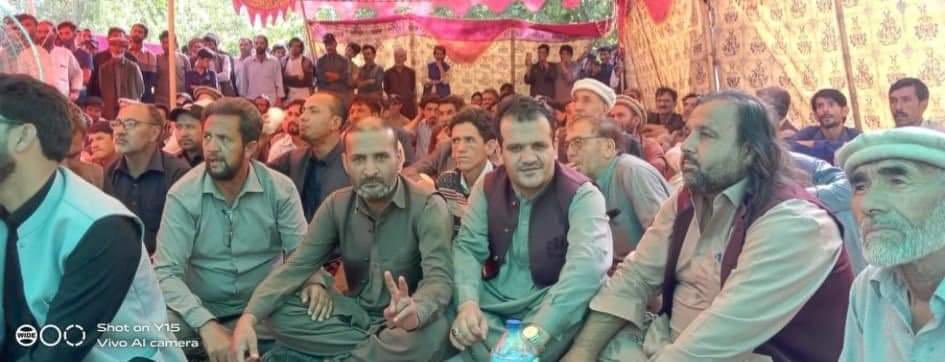Gilgit Baltistan has been rocked by new protests on this independence day of Pakistan this year to mark a black day as the people of Gilgit Baltistan call Pakistan an occupying force in the region. The issue of protests in Gilgit Baltistan against Pakistani occupation is complex and rooted in historical, political, and cultural factors. Here are some key factors that have contributed to protests in Gilgit Baltistan against what some consider as Pakistani occupation:
1. Historical Background: Gilgit Baltistan has a unique history. The region was historically part of the princely state of Jammu and Kashmir. When British colonial rule ended in 1947, the princely states were given the choice to join either India or Pakistan. Gilgit Baltistan’s status remained uncertain, and its local leaders at the time sought to accede to Pakistan. But Pakistan forced it to accede to the country, and this decision has been contested, as some argue that the region’s predominantly Muslim population should have had the right to self-determination.
2. Lack of Political Representation: One of the main grievances expressed by protesters is the limited political representation and autonomy for the people of Gilgit Baltistan. Despite being governed by Pakistan, the region does not have full provincial status within Pakistan and does not have representation in the national parliament. This lack of representation has fueled demands for greater political rights.
3. Resource Exploitation: Gilgit Baltistan is rich in natural resources, including minerals, water resources, and hydroelectric potential. Some locals feel that the region’s resources are being exploited for the benefit of Pakistan without adequate benefits trickling down to the local population. This economic disparity has led to resentment and protests. There are also accusations of allowing China to exploit the region’s resources, without any reinvestments for the people of Gilgit-Baltistan.
4. Human Rights Concerns: Human rights issues, such as alleged military presence, enforced disappearances, and limitations on freedom of expression, have also fueled protests. Some locals feel that their rights are being curtailed under Pakistani control.
5. Cultural Identity: The region has a distinct cultural identity, with its own languages, traditions, and way of life. Some protesters argue that their cultural identity is being undermined by the Pakistani government’s policies, and they seek greater recognition and preservation of their cultural heritage.
6. Geostrategic Importance: Gilgit Baltistan’s strategic location is of significance due to its proximity to China and its role in the China-Pakistan Economic Corridor (CPEC), a major infrastructure project aimed at connecting Gwadar Port in Pakistan to China’s Xinjiang region. Some protesters are concerned about the environmental and social impact of such projects on their region.
